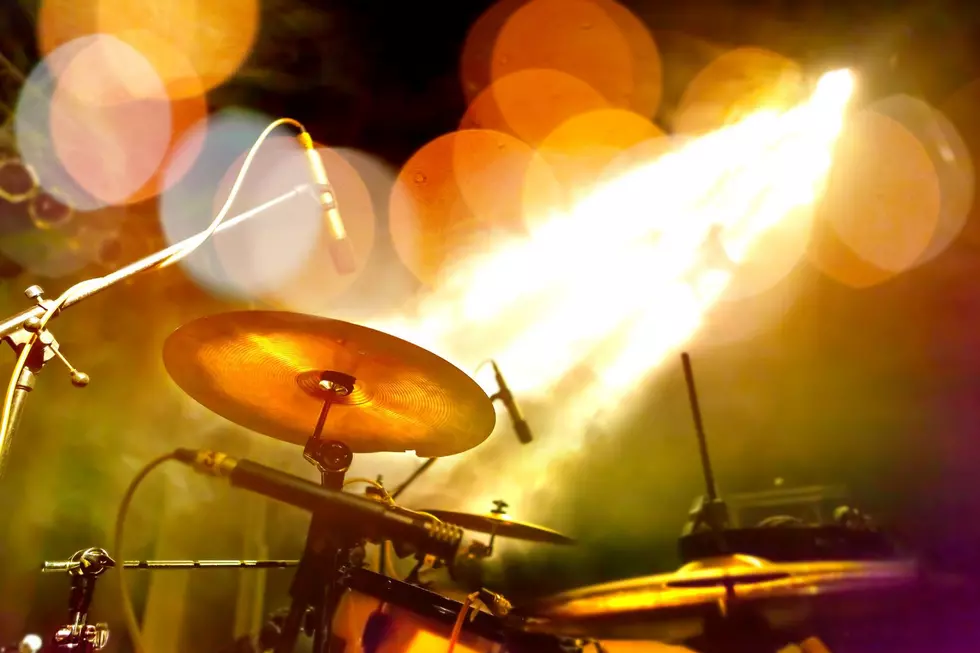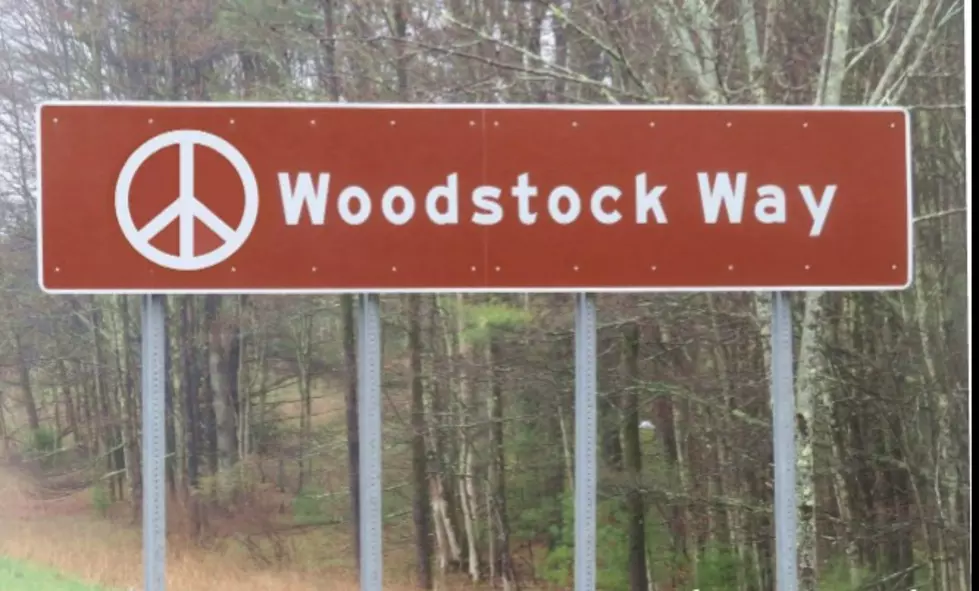
Sure, We Are Celebrating Labor Day. But Why?
One thing that a lot of holidays have in common these days is that we use them as an excuse to get off work and get together. Very often we forget why we are celebrating those days. So no, this article is not ripping apart Labor Day, it is a reminder as to why we are celebrating, littered with history and fun facts!
Why Do We Celebrate Labor Day?
People think they have it bad now in the work force? Try living in the Industrial Revolution in the late 19th century. The average American worked 12 hours a day for seven days a week just to get by (to be honest, that's how much I work now between jobs, but I digress). I'm not just talking about adults, but children as well. Kids as young as 5 years old worked in mills, factories and mines. And mind you, they only earned a percentage of their adult coworkers.
It was thanks to the labor unions that became popular in the 1800s that workers fought for their rights. At the time, fresh air and sunlight were big commodities. Of course, renegotiating hours and pay were top on the list to discuss.

The First Labor Day Parade Was a Protest
On September 5th, 1882, 10,000 workers took unpaid time off to march from City Hall to Union Square in New York City to protest their wages, hours, and working conditions. This marks the first Labor Day parade in US History. The concept of the "workingmen's holiday" spread across the county. With enough pressure, states passed legislation recognizing it, particularly the first Monday in September in honor of that first parade. It would be another 12 years until Congress legalized the holiday nationally.
A Rivalry Which Inspired The Holiday
There is no definitive proof as to who should be credited for the holiday. Matthew Maguire and Peter McGuire are two of the main candidates because they were both from rival unions in New York City, and since their names are so similar, they would often get mixed up in records.
The Pullman Palace Car Company Strike
Employees of the Pullman Palace Car Company went on strike on May 11th, 1894 to protest wage cuts and the firing of union representatives. Later, in June of that year, Eugene V Debs led the American Railroad Union to boycott all Pullman railway cars, crippling railroad traffic worldwide. To break the Pullman strike, troops were dispatched to Chicago, ensuing riots and death.
To repair ties with the public, Congress passed an act making Labor Day a national holiday. On June 28th, 1894, President Grover Cleveland signed it into law.
Why Can't I Wear White After Labor Day?
This notion that people "can't wear white after Labor Day" has nothing to do with Labor Day. It comes from a Victorian Era tradition where it was custom to stop wearing white as a mark of the end of the summer. Wearing white often meant you were still in vacation mode, and seeing that Labor Day has become the unofficial final weekend of summer, the two concepts have been mashed together.
A More Perfect Union
According to the Bureau of Labor Statistics, there were 14.8 million union members in the work force in 2017. The National Education Association alone has about 3 millions members, including inactive and lifetime members.
More Than Half the Country
According to The Vacationer, more than 53% percent of people will travel, with 14% by plane and 35% by car. USA Today cites Labor Day Weekend as the 5th busiest time of year to travel, behind Memorial Day, Fourth of July, Thanksgiving, and between Christmas and New Year's.
May Day! May Day!
Americans have to be different. May Day (May 1st) is celebrated in countries worldwide as essentially the international version of Labor Day.
Margarita's On The 1st Day Of School
Annual Danbury War Memorial Car Show Returns Labor Day Weekend
Check Out These Responses To Wearing White After Labor Day
More From WRRV-WRRB









